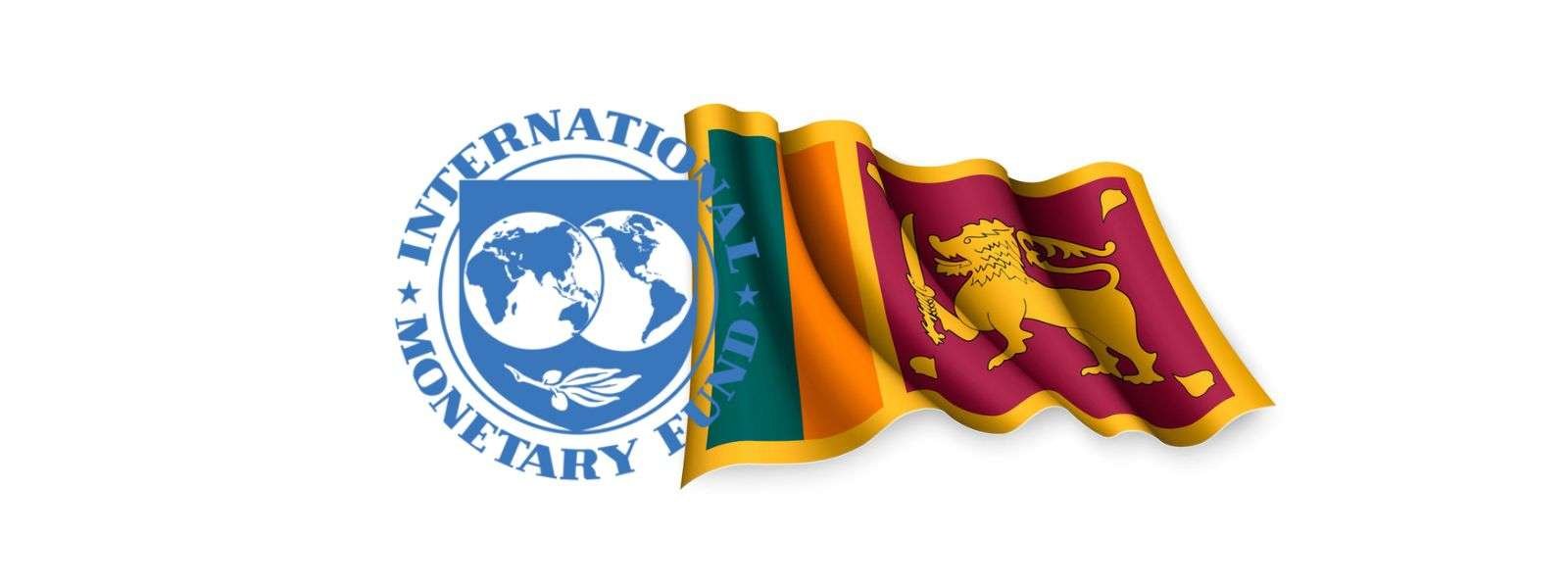
IMF Revises Sri Lanka’s Growth to 3.1% — Must Stay the Course to Secure Economic Stability
The International Monetary Fund (IMF) has revised Sri Lanka’s economic growth forecast to 3.1% for 2026, reflecting a return to trend following a stronger-than-expected rebound from the country’s recent economic crisis.
Speaking on the outlook, Thomas Helbling, Deputy Director of the IMF’s Asia and Pacific Department, acknowledged the significant recovery Sri Lanka has experienced since its 2022–2023 balance of payments crisis, which triggered a deep recession.
“Sri Lanka had a strong rebound in growth following the crisis, supported by a reform program backed by the IMF,” Helbling said.
“Growth reached 5% last year, and 4.8% in the first half of this year. Some of this rebound was due to normalization in economic activity, and some effects are temporary. We now see the economy returning to its trend growth of 3.1%.”
Helbling confirmed that the IMF staff completed the Fifth Review of Sri Lanka’s Extended Fund Facility (EFF) program during their visit in early October, reaching a Staff-Level Agreement on October 9 or 10.
“While it’s only a Staff-Level agreement, it signals that the IMF is satisfied with the progress made,” he noted.
A key component of the review was electricity pricing reform, which remains a continuous structural benchmark under the program. Helbling emphasized that the principle of cost recovery is central to reducing fiscal risks from state-owned enterprises, including utilities.
“The government has continued to meet performance criteria, and the October assessment was positive. It’s too early to speculate on the next review, but the direction is encouraging.”
Addressing questions about revenue projections for 2028, Helbling clarified that the IMF’s current focus is on 2025 and 2026, as reforms continue to take shape.
“Reforms are progressing. It’s important for Sri Lanka to stay the course and complete its homegrown reform program to fully stabilize the economy. Longer-term concerns, including those about 2028, should be viewed in perspective.”

